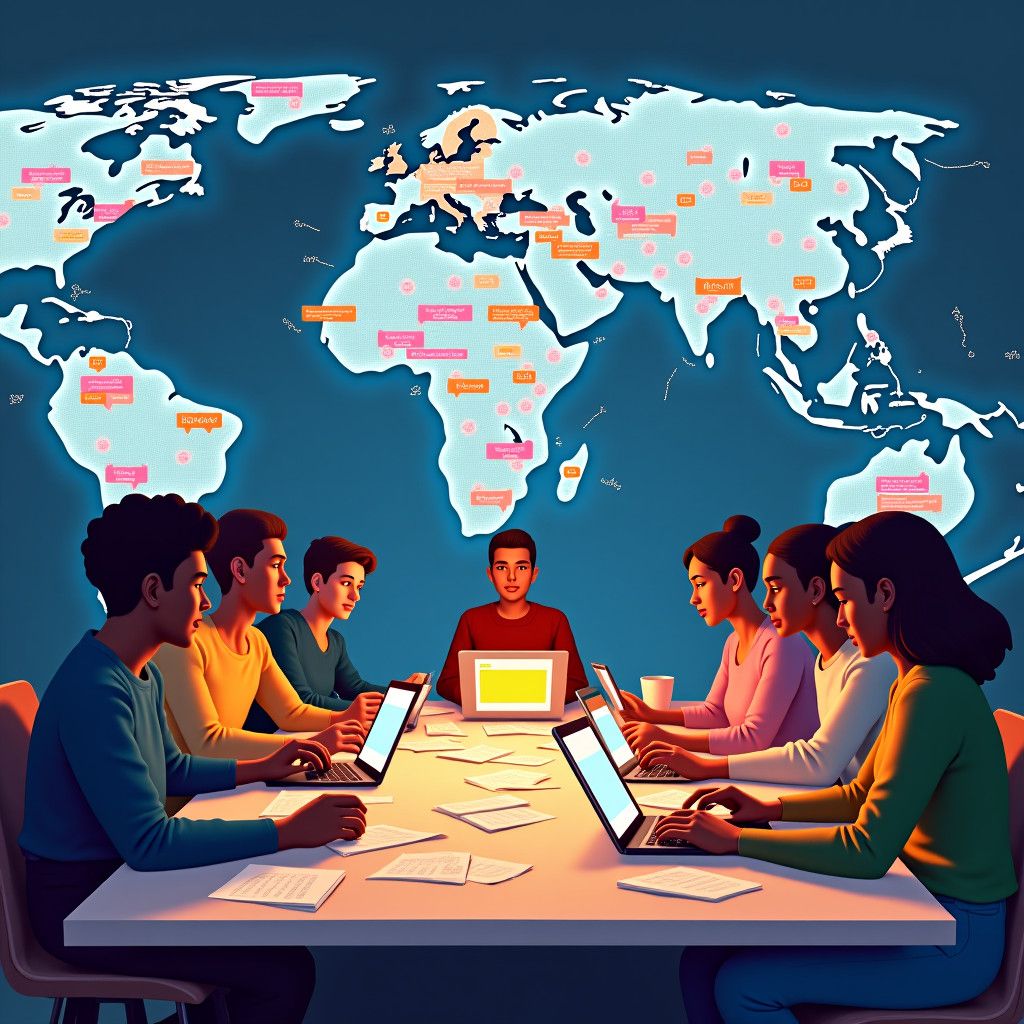In a groundbreaking collaboration, OpenAI and Meta are joining Orange, a leading telecommunications provider, to adapt artificial intelligence models specifically for West African languages. This partnership represents a significant step towards enhancing digital inclusion and addressing language barriers faced by diverse communities in the region.
The initiative aims to develop AI-driven language models that will support local dialects and enhance communication. Current AI models often overlook the rich tapestry of languages spoken in West Africa, which includes over 2,000 languages, many of which are underrepresented in digital technology. By focusing on these languages, the new project not only seeks to empower local communities but also aims to provide access to vital information and services, bridging the digital divide.
The Need for Localized AI
The lack of language resources in AI technology poses challenges for effective communication, education, and business in West Africa. For instance, many educational materials and government services are typically available only in widely spoken languages like English or French, leaving non-fluent speakers at a disadvantage. This can hinder engagement with essential services such as healthcare, education, and financial support.
By developing AI models that understand and generate local dialects, OpenAI and Meta aim to create tools that foster more inclusive communication. This development is crucial as it invites wider participation from diverse communities, ensuring that everyone can access and utilize digital resources.
Examples of Impact
Consider a farmer in rural Nigeria who speaks Yoruba but struggles with accessing market prices or agricultural advice available only in English. With AI that understands Yoruba, this farmer could receive timely information, improving their capacity to make informed decisions that directly impact their livelihood.
Furthermore, translating social media posts and public announcements into local languages can enhance civic engagement. For many individuals, language barriers often prevent them from participating in crucial discussions about governance and community issues.
Technology at Work
The project’s foundation rests on advanced natural language processing (NLP) techniques, which will be tailored specifically to capture the nuances of West African languages. By utilizing a collaborative approach, the technology will draw from a wealth of linguistic data curated by local communities, linguists, and AI experts.
This ensures that the models not only understand the language but also appreciate the cultural contexts that influence communication styles. The collaboration with Orange further provides the infrastructure necessary for widespread deployment of these technologies across various platforms, ensuring accessibility from mobile devices to local applications.
Future Prospects
The successful implementation of these AI models holds promise for other regions with diverse linguistic landscapes. As digital tools become increasingly integrated into daily life, such projects can serve as blueprints for addressing similar challenges globally.
Moreover, the initiative will be closely monitored to evaluate its effectiveness and make necessary adjustments. The goal is not just to create technology but to foster lasting change within the communities it intends to serve. Feedback loops involving local users will provide insights into the practical challenges faced in deploying these tools.
Conclusion
The partnership between OpenAI, Meta, and Orange heralds a new era for AI applications—one that prioritizes linguistic diversity and inclusivity. By empowering communities through language, this project exemplifies how technology can bridge gaps and promote equality in the digital age. As they pave the way toward a more inclusive future, stakeholders in technology and telecommunications are reminded of their crucial role in social progress.
OpenAI and Meta’s collaboration is not only a win for technological advancement but also a profound step towards ensuring that the benefits of digital innovation reach every corner of the world, regardless of language barriers.












